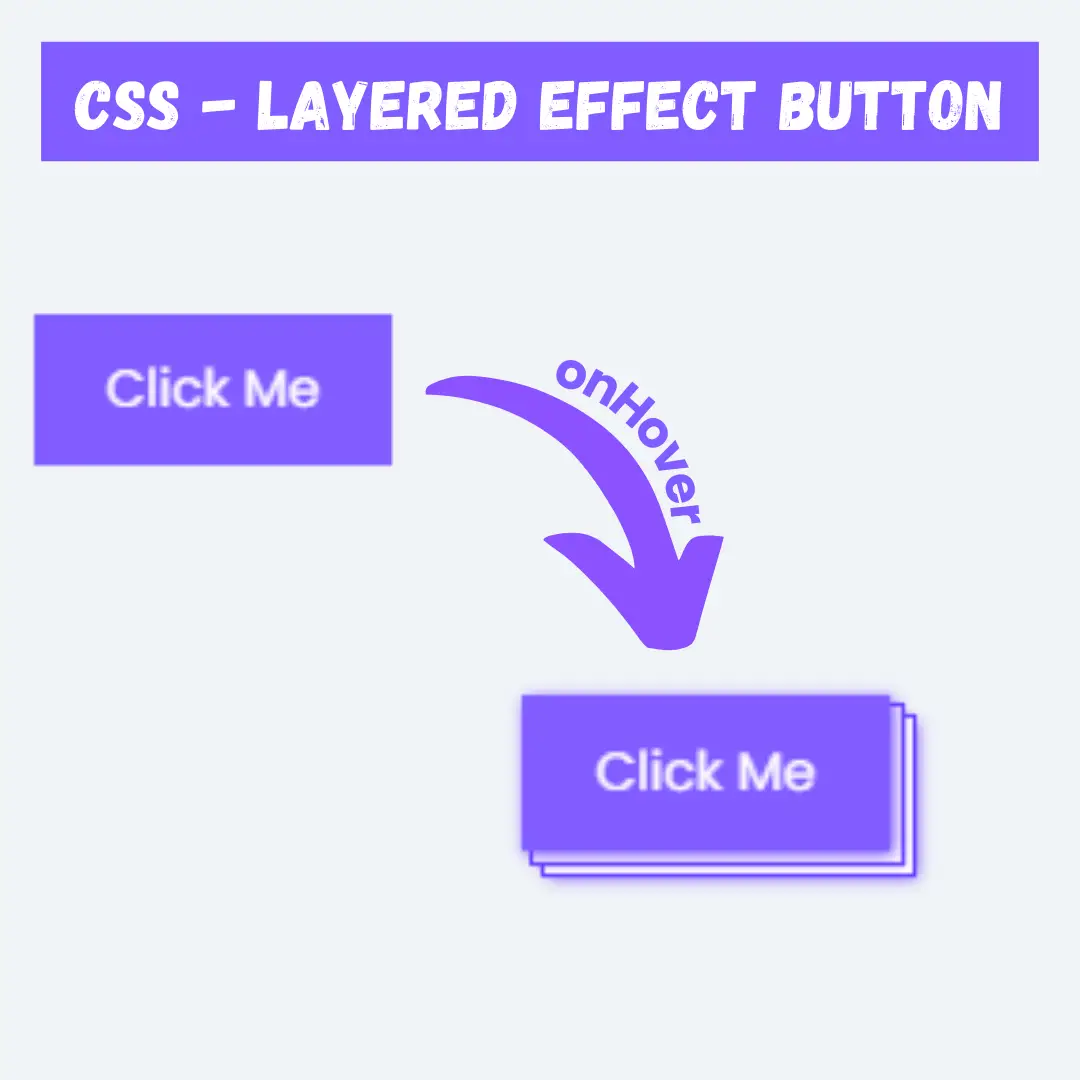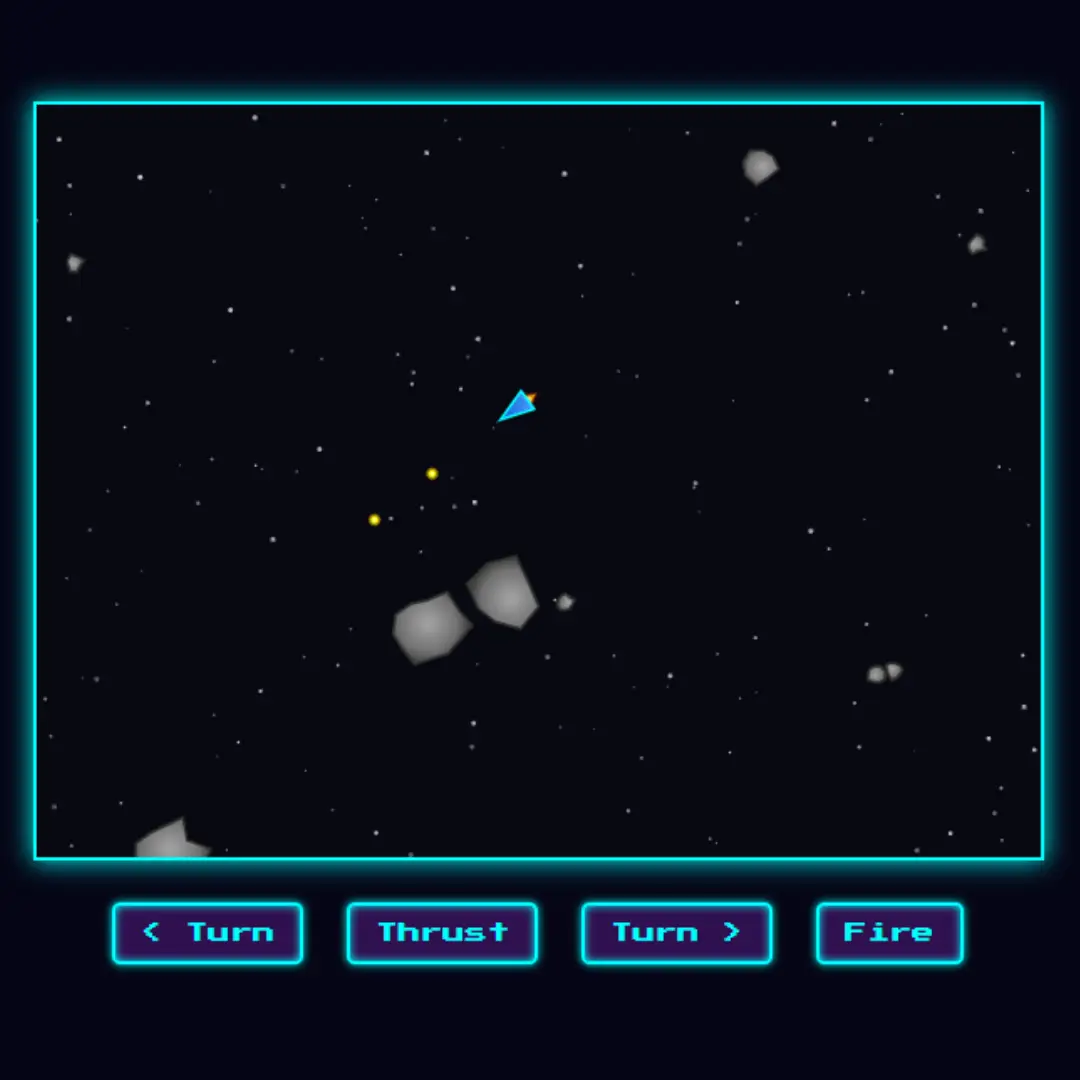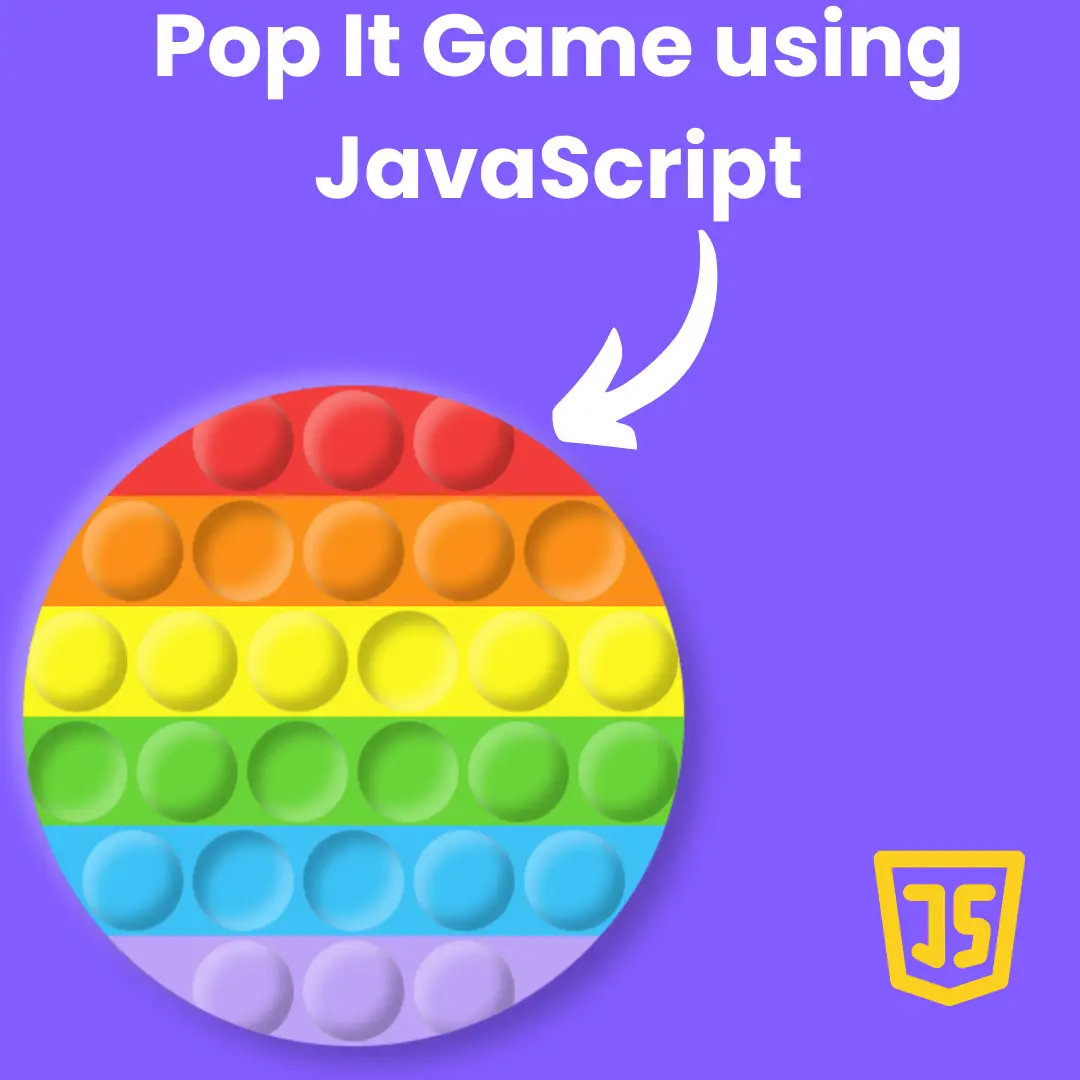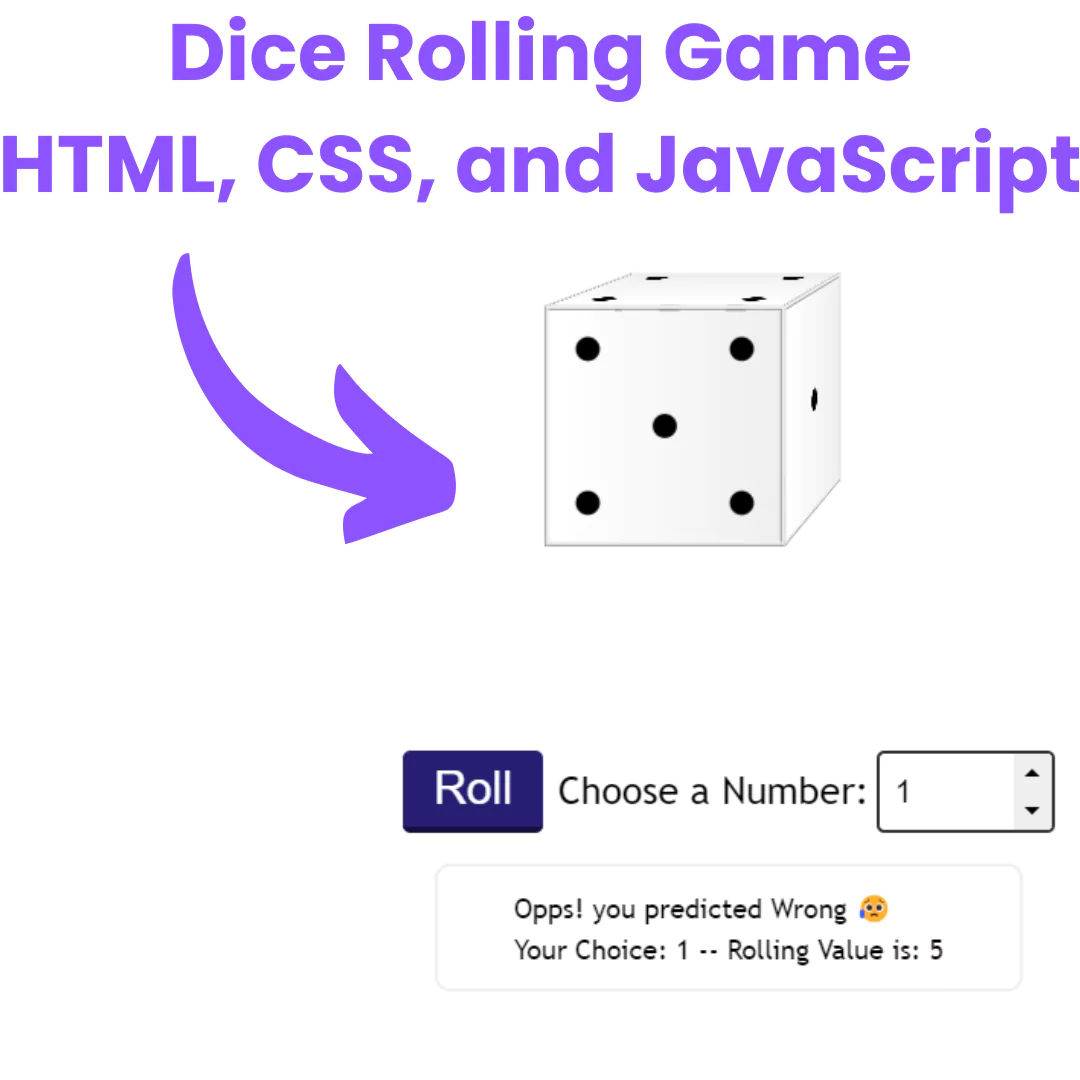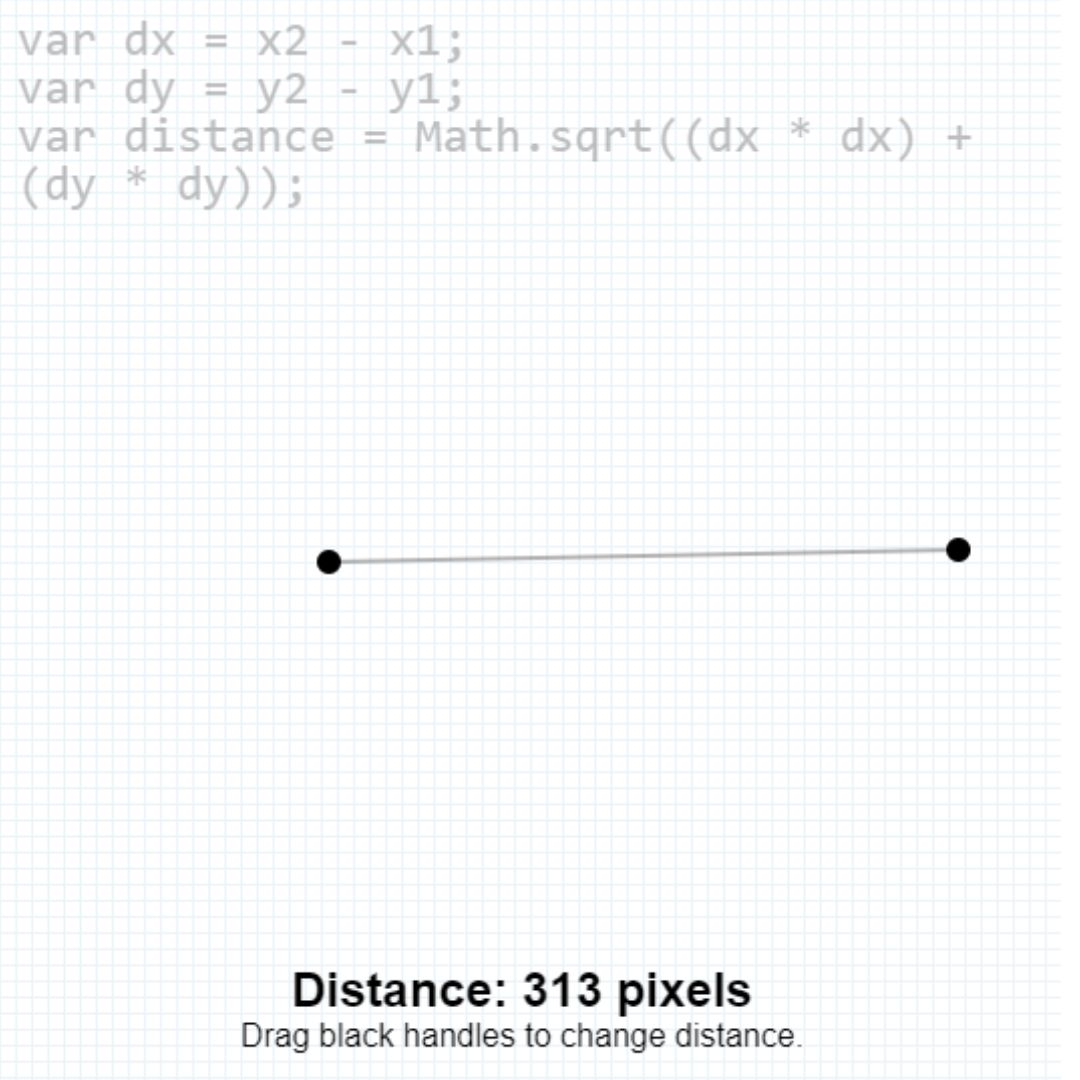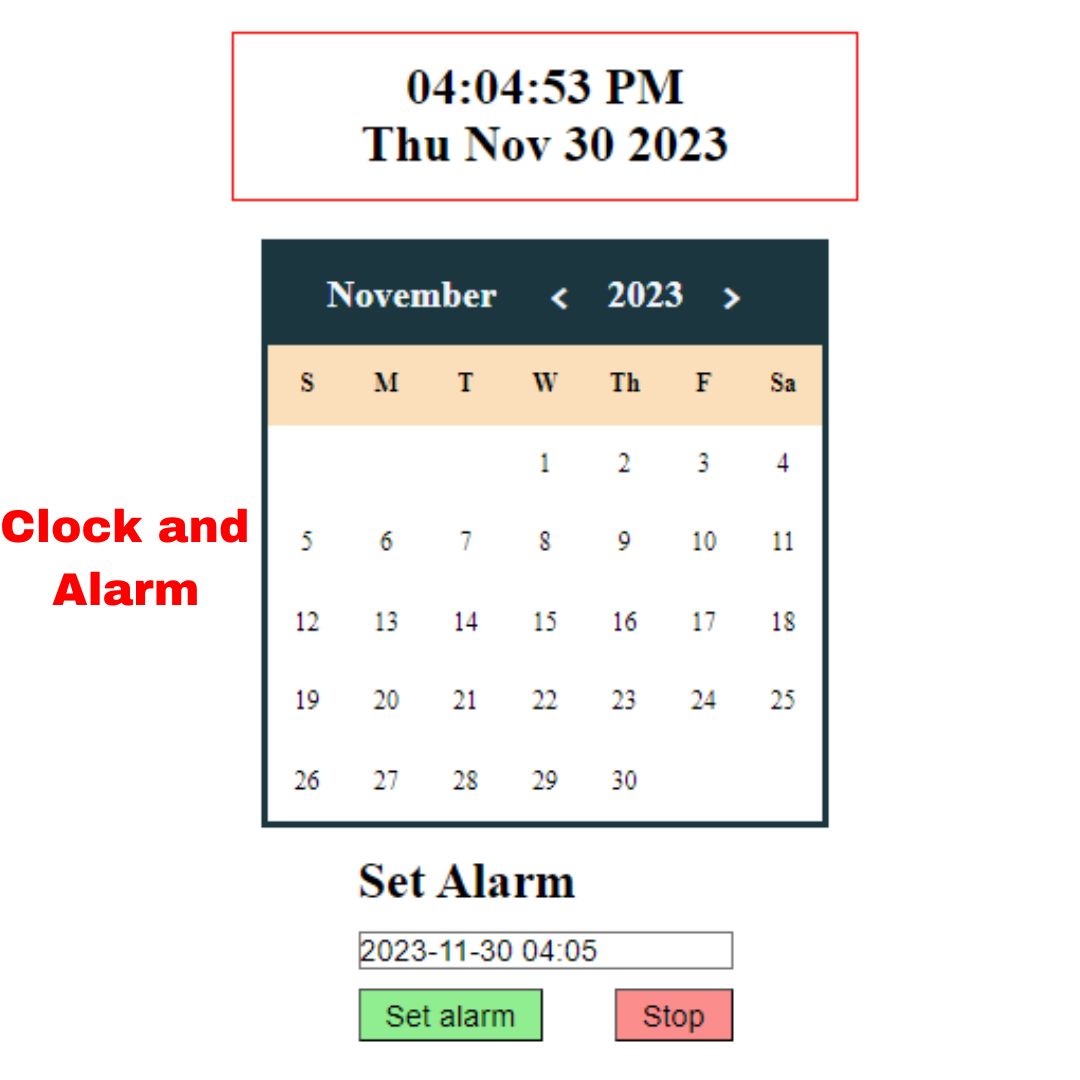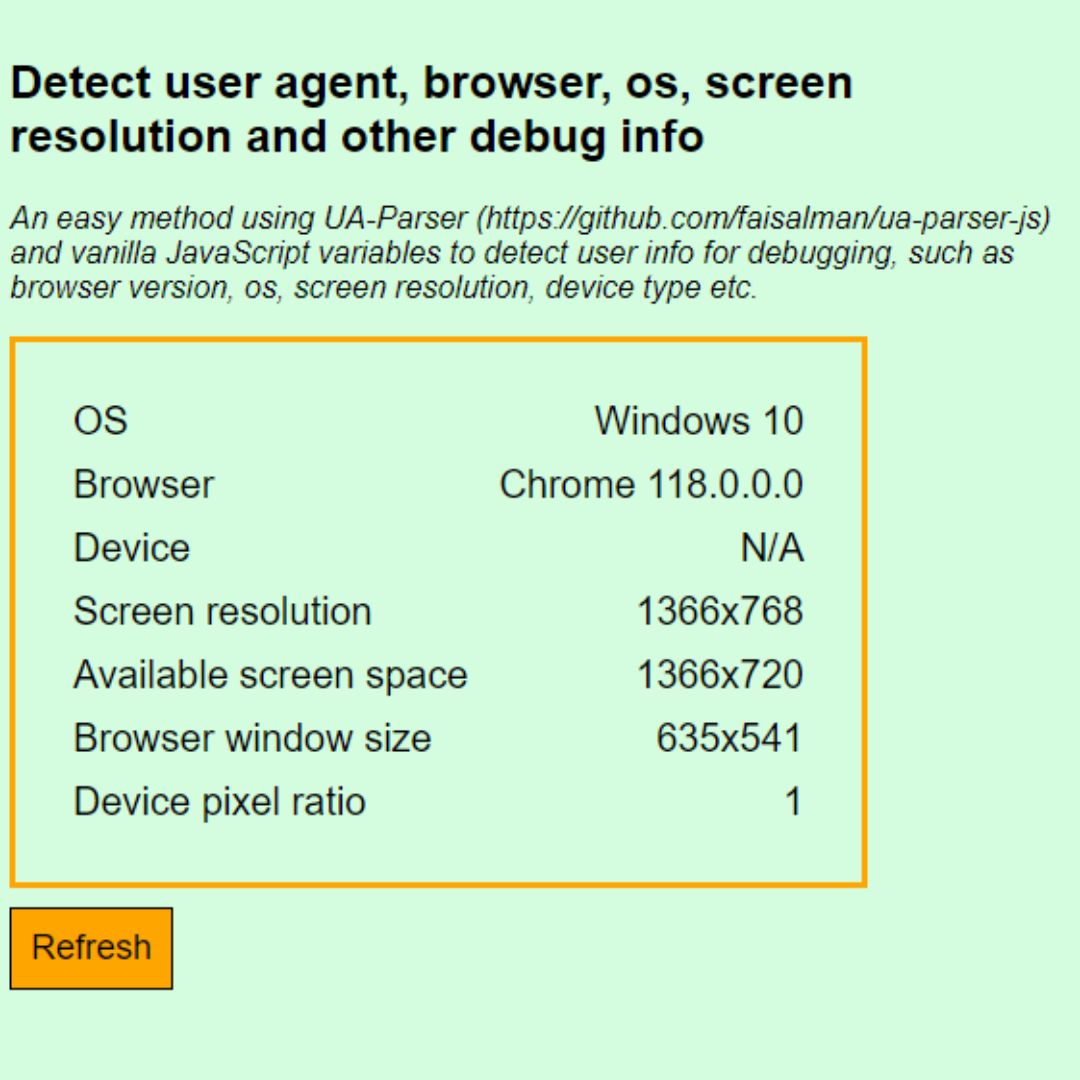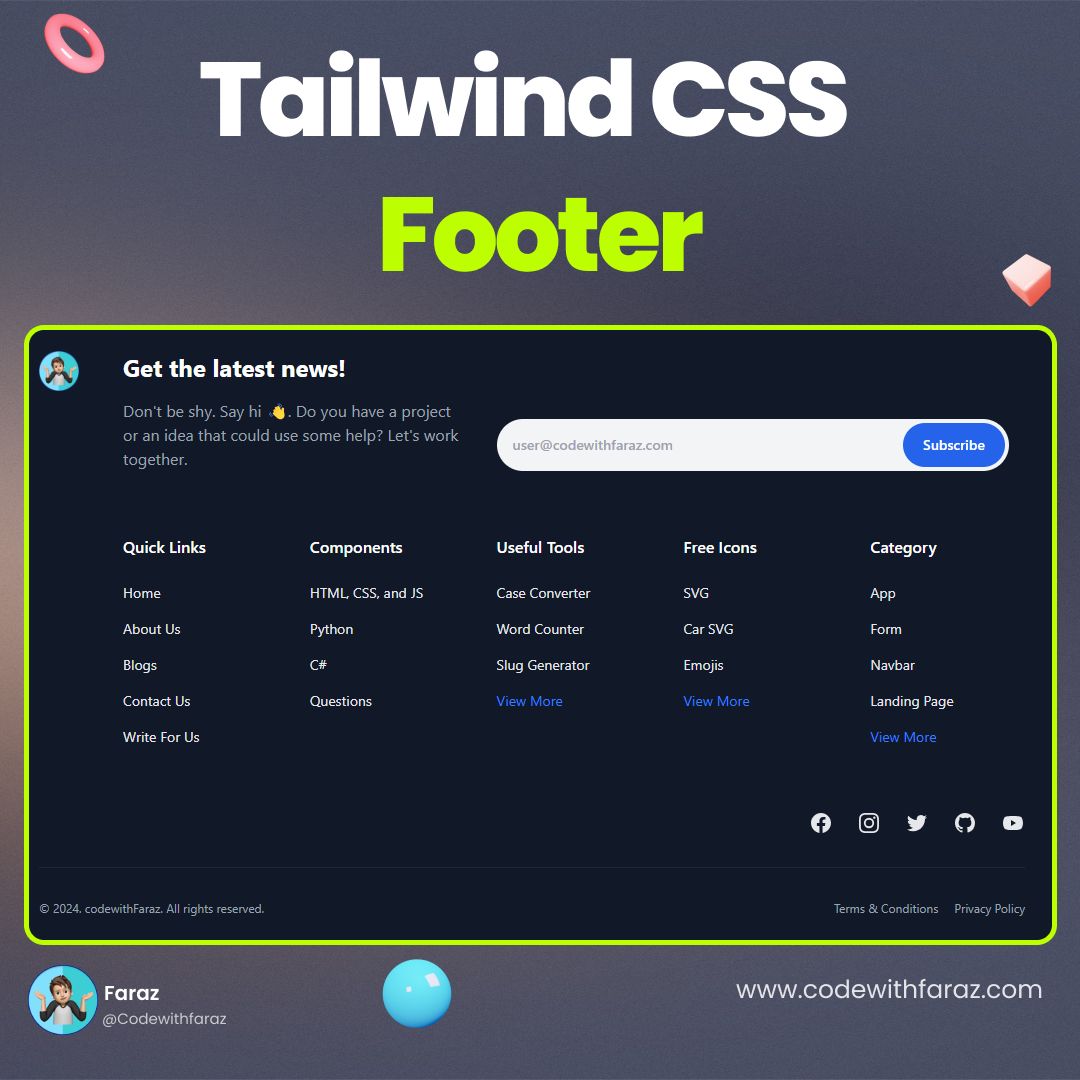What does a NullPointerException mean and how to fix it?
Learn what a NullPointerException is and discover effective ways to fix it in your code.
A NullPointerException is a common runtime error that occurs in Java and some other programming languages. It happens when you try to use or access an object reference that is null, meaning it doesn't point to any actual object in memory.
When you declare a variable for an object in Java, it creates a reference to that object. If you haven't assigned an object to the reference or explicitly set it to null, the default value is null. If you try to use or access a method or property of a null object reference, it will result in a NullPointerException.
Here's an example of how a NullPointerException can occur in Java:
String name = null; int length = name.length(); // NullPointerException
In this example, the variable "name" is not assigned any value or object reference, so it is null. When we try to access the "length()" method of the "name" variable, a NullPointerException is thrown because we cannot invoke a method on a null reference.
To fix a NullPointerException, you need to identify the code that is causing the issue and ensure that the variable or object is properly initialized before using it. Here are some effective ways to fix a NullPointerException in your code:
1. Check for null values: Before using an object reference, ensure that it is not null. You can use an if statement or the ternary operator to conditionally check if the reference is null and handle it accordingly.
Example:
if (objectReference != null) {
// Perform operations on objectReference
} else {
// Handle the null case
}
2. Initialize objects properly: Make sure that you initialize objects before using them. If you have declared an object reference but haven't assigned an object to it, you will encounter a NullPointerException when you try to access its methods or properties.
Example:
Object objectReference = new Object(); // Initialize the object // Perform operations on objectReference
3. Check return values: If you are calling a method that can potentially return null, check the return value before using it. Verify if it's null and handle the null case appropriately.
Example:
Object objectReference = getObject(); // A method that returns an object
if (objectReference != null) {
// Perform operations on objectReference
} else {
// Handle the null case
}
4. Use null-safe operators: In recent versions of Java (starting from Java 8), you can use the null-safe operator Optional to handle null values more effectively. It provides a way to explicitly handle null cases and avoid NullPointerExceptions.
Example:
Optional<Object> optionalReference = Optional.ofNullable(objectReference);
if (optionalReference.isPresent()) {
Object object = optionalReference.get();
// Perform operations on the object
} else {
// Handle the null case
}
Remember that preventing NullPointerExceptions is crucial for writing robust and error-free code. By following these practices, you can minimize the occurrence of NullPointerExceptions and improve the reliability of your Java programs.
I hope you found the above information helpful. Please let me know in the comment box if you have an alternate answer 🔥 and you can support me by buying me a coffee.
And don’t forget to sign up to our email newsletter so you can get useful content like this sent right to your inbox!
Thanks!
Faraz 😊










